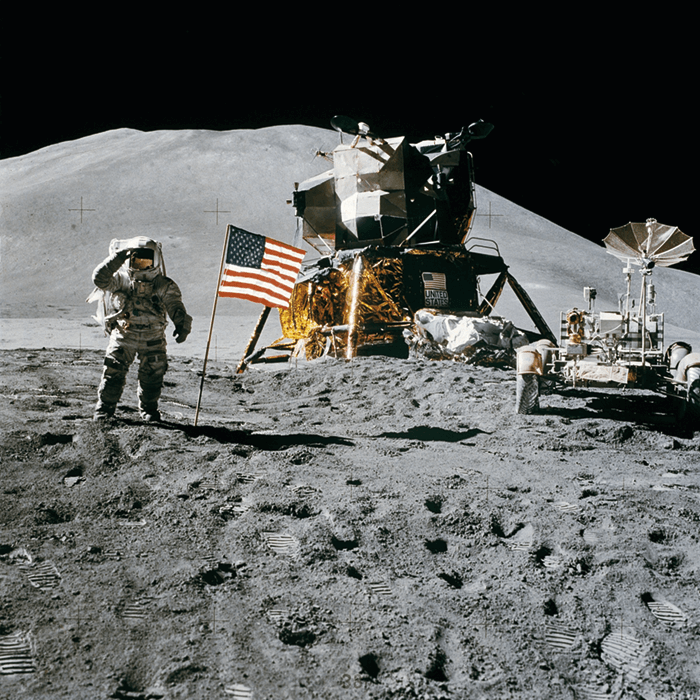
We’ve covered the ophthalmic issues caused by spaceflight before (1)(2) – but now, there’s a new twist in this cosmic tale. It appears that changes in the eye observed in astronauts may be linked to their weight (3). Jay Buckey, first author of the associated study, has a long-standing interest in the effects of microgravity on the human body – and has experienced them first hand, having flown in space as a specialist astronaut on several missions. “The more someone weighs the more likely they are to experience visual changes on long-duration spaceflights,” he explains. “From our work using numerical modeling to understand the effect of weightlessness on the eye, and from our previous studies, we had a strong feeling that the loss of tissue weight was an important, and unique, change that occurs in microgravity.”
But the work doesn’t only have implications in space. “These findings are relevant to people with visual changes due to idiopathic intracranial hypertension, which is a condition also affected by body weight,” Buckey says. Their model shows that the more someone weighs, the higher their intracranial pressure – something supported by clinical data; however, during microgravity exposure, the model suggests that heavier people will have a greater initial reduction in intracranial pressure compared with people who weigh less. What happens to these pressures when someone spends a relatively long time in space? Not currently known, says Buckey. “This study provides another piece of the puzzle to help us understand why these visual changes occur,” says Buckey – but many questions remain to be answered. In space, it’s still ophthalmology – but not quite as we know it…
References
- R Steer, “Miami, we have a problem”, The Ophthalmologist, 37, 10–11 (2017). Available at: bit.ly/miamiproblem. M Schubert, “(Ophthalmic) space oddity”, The Ophthalmologist, 27, 16–17 (2016). Available at: bit.ly/spaceoddityeye. JC Buckey et al., “Microgravity-induced ocular changes are related to body weight”, Am J Physiol Regul Integr Comp Physiol, [Epub ahead of print] (2018). PMID: 29768035.
